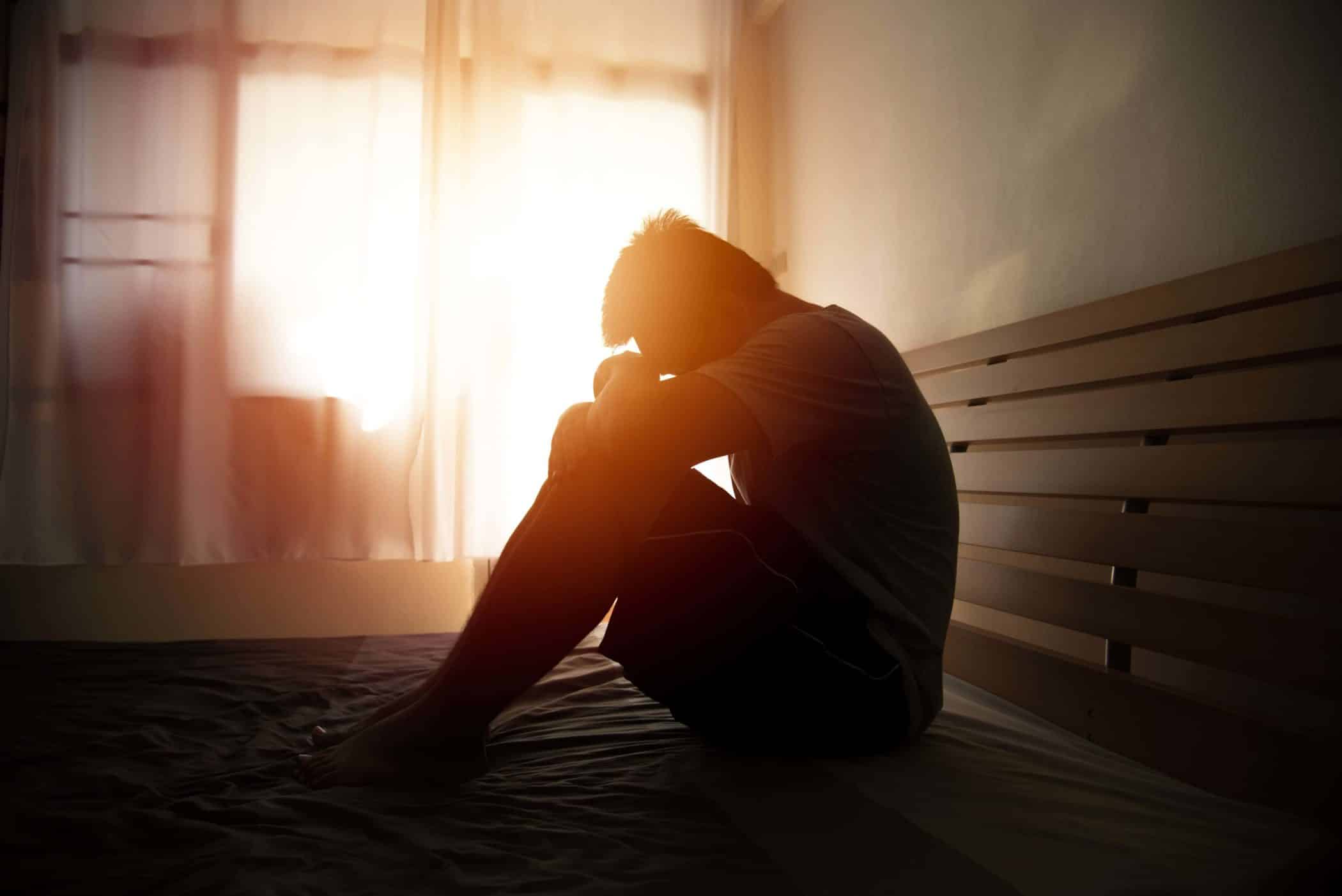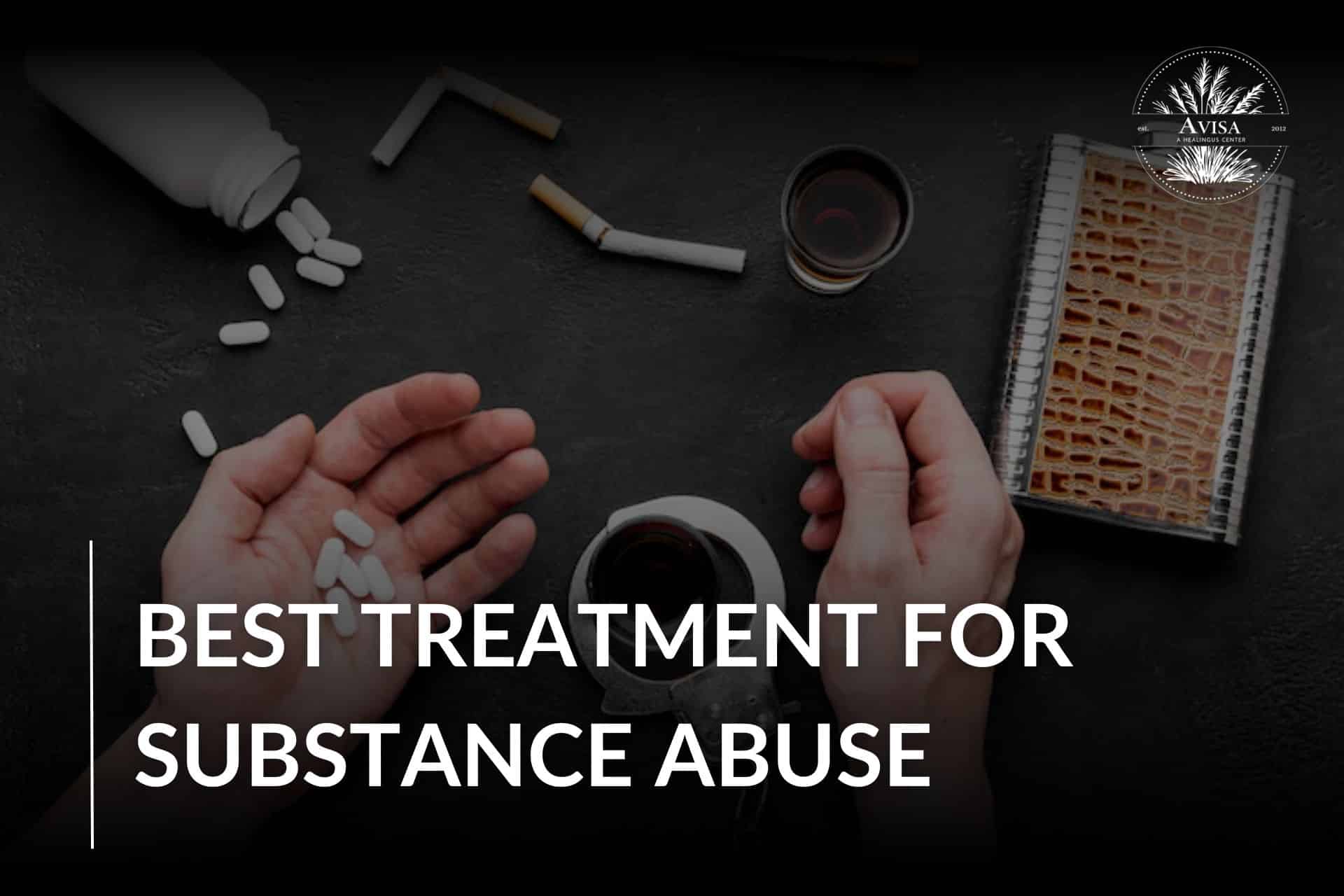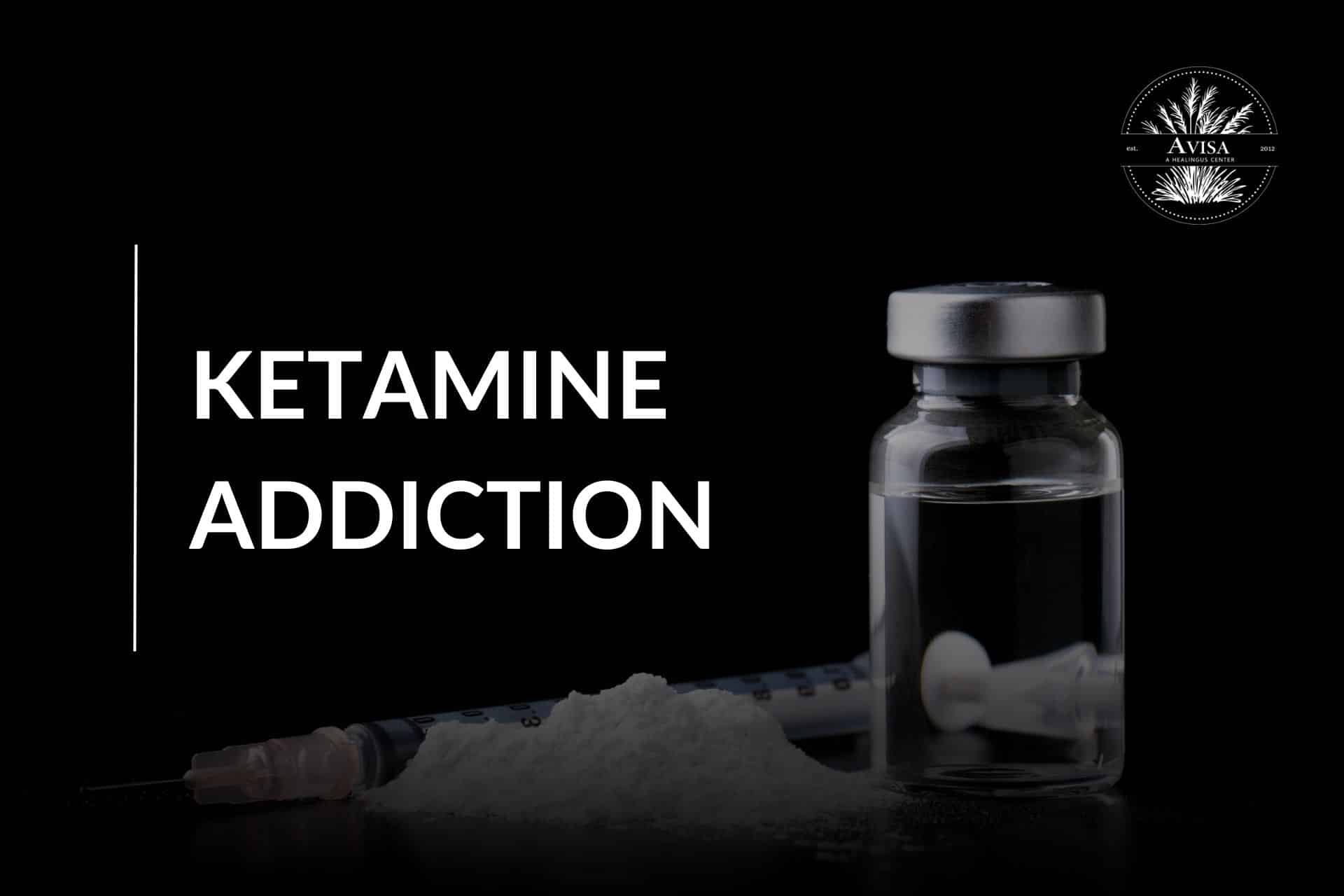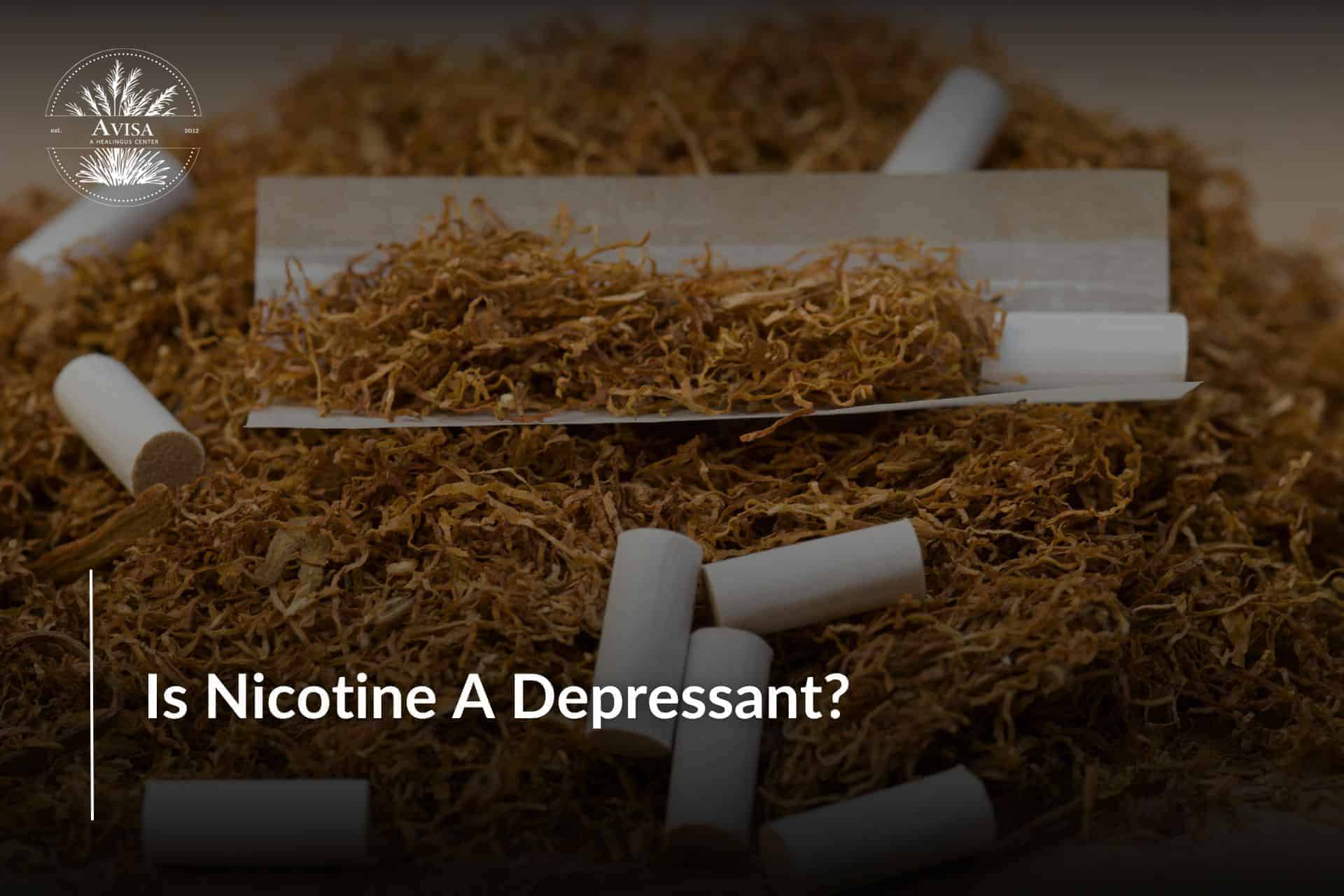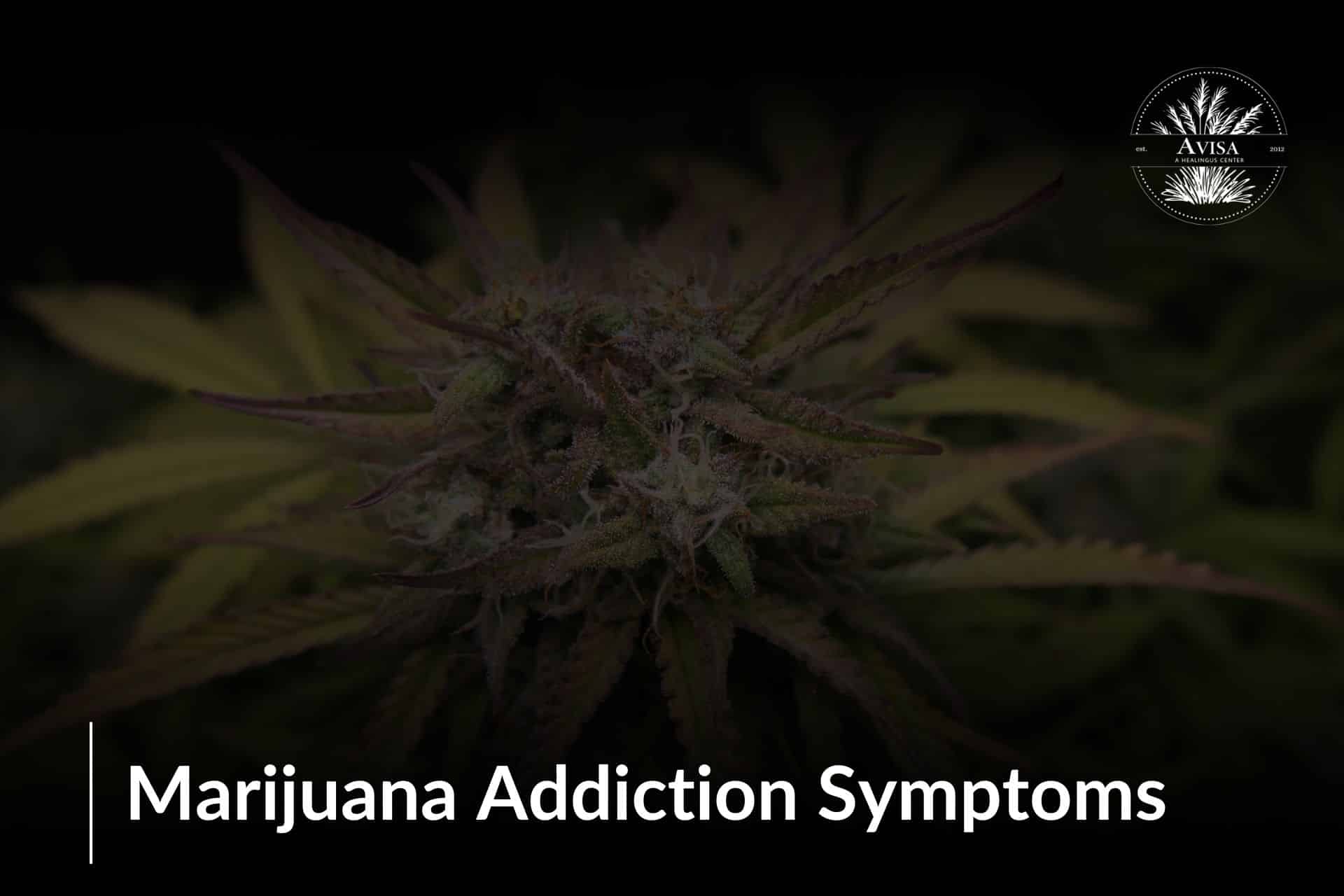Introduction
Flakka is a dangerous drug, and Flakka withdrawal symptoms can be even more severe. As per data from the National Institute of Health, out of the total visits to the emergency room in the year 2015, 4.9% of the patients checked due to severe Flakka withdrawal symptoms.
Flakka is a risky drug, and high school students, college students, and homeless people are more prone to using Flakka because of its affordability. The effects of Flakka are similar to meth. A person who has taken Flakka can showcase unnatural strength, hysteria, paranoia, aggression, and hyperactivity.
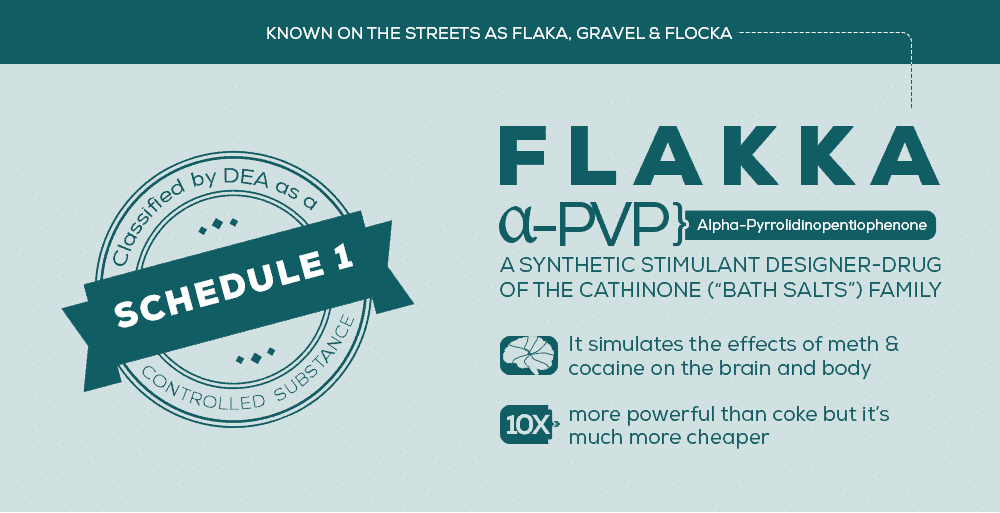
Flakka is a synthetic drug, and this drug finds its origins in the khat scrub of Africa. Ever since this drug was first in the news in the year 2015, there have been cases of Flakka abuse and addiction. In this blog, we will discuss the Flakka withdrawal symptoms in detail.
What is Flakka?
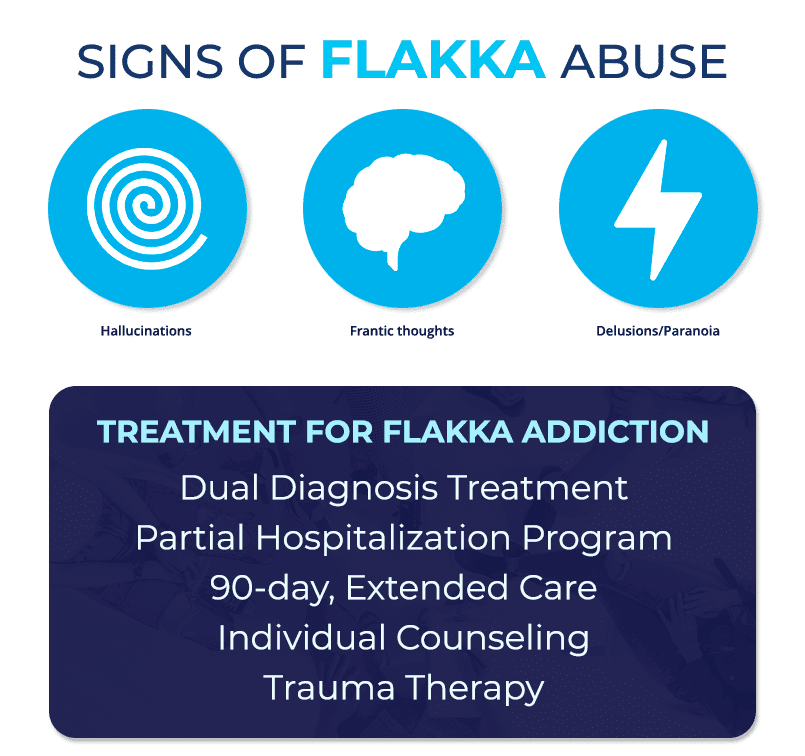
Flakka is a recent drug that has been nicknamed ‘The Zombie Drug’ due to the aggressive nature of its users. The first instances of Flakka abuse appeared in the years 2014 to 2015 in South Florida. The main ingredient of Flakka is cathinones, which are extracted from the Khat plant and found in the Middle East, Somalia, and the African sub-continent. Natives of these regions used the leaves of the Khat plant for recreational purposes and euphoria.
Flakka, which is an artificial stimulant, is as potent as methamphetamine (also known as meth) and cocaine. This drug is highly addictive, and people who use this drug show extreme behaviors in terms of bizarreness. Controlling such individuals is next to impossible, thanks to the unnatural levels of strength that Flakka may give.
Why is Flakka becoming popular?
Despite there being numerous reports of Flakka creating havoc, people still resort to this drug to seek a recreational ‘high’ and euphoria. This phenomenon is because this drug is quite affordable. A single gram of cocaine can be as expensive. as 80 USD. However, one hit of Flakka can be as cheap as 3 to 5 USD.
This makes college students, high school students, people belonging to low-income groups, and homeless people vulnerable to using this drug as a means to escape the daily hardships of their lives. This drug is not only cheap, but the so-called ‘high’ from this drug is intense and lasts an extended period. Studies suggest that 1% of the total teenage population of the United States have used Flakka at some point in their lives.
However, individuals are advised to stay a mile away from artificial stimulants like Flakka, as it is incredibly addictive, and the Flakka withdrawal symptoms can be pretty nasty.
What are the immediate Flakka withdrawal symptoms?
There are various Flakka withdrawal symptoms. This drug can cause immediate withdrawal effects, due to which an individual might crave more doses of this drug and get caught in the vicious cycle of Flakka addiction. The following withdrawal symptoms may be noticed as soon as the effects of the drug start to wear off:
Agitation and Anxiety
An individual who has used Flakka becomes more anxious, aggressive, and agitated. This is because Flakka dims the power of the brain to make judgments. In this phase, an individual might find it impossible to complete their daily chores and be anxious and jittery without a cause.
Episodes of Depressive Disorder
Flakka works by blocking the neurotransmitters of the brain. This blockage causes an unnatural surge of hormones like dopamine, norepinephrine, and serotonin in the brain. As the effects of this drug wear off, the brain is not able to produce the average amounts of dopamine, serotonin, and norepinephrine without the use of artificial stimulants.
As a result, an individual might experience episodes of depressive disorder. They might show symptoms of depression like loss of interest in doing any activity, mental fogginess and confusion, insomnia or difficulty falling and staying asleep, and extreme mood swings.
Increased Heart Rate
This is one of the lesser-known Flakka withdrawal symptoms. An individual withdrawing from Flakka may feel that their heart rate is increasing out of the blue and without doing any physical exertion. This causes a strain on the heart, arteries, and the blood vessels. As a result, an individual may suffer from a heart stroke or a heart attack.
Suicidal Tendencies
One of the most prominent Flakka withdrawal symptoms is suicidal tendencies. This is a phenomenon when an individual starts thinking about harming themselves or committing suicide obsessively. This is a result of the dark and negative thoughts as a side effect of substance abuse.
An individual who is experiencing severe withdrawal symptoms from Flakka may start questioning the purpose of their existence and think about committing suicide. Flakka attacks the brain’s ability to make judgments, and the individual becomes a danger to themselves and others around them.
What are the Flakka withdrawal symptoms in the long term?
It is no secret that Flakka is a highly addictive substance. Naturally,if an individual ceases the the use of Flakka, the individual might suffer extreme withdrawal symptoms. Hence, it is always advisable to stay away from this artificial stimulant.
Flakka withdrawal symptoms can manifest in different ways in every individual. This is because Flakka reacts with and manipulates an individual’s brain chemistry. An individual may suffer from some or all of the following withdrawal symptoms from Flakka:
- Insomnia or difficulty falling or staying asleep
- Excessive palpitations
- Unnatural aggression
- Episodes of depressive disorder
- Development of anxiety disorder
- Paranoia
- Hyperthermia or increase in the core temperature of the body
These symptoms can begin as immediate side effects of the withdrawal symptoms of Flakka and may last for an indefinite time. Flakka releases chemical compounds into the bloodstream that bind themselves to the neurotransmitters that regulate dopamine, norepinephrine, and serotonin. These hormones are associated with the pleasure and reward of an individual.
The worse and the scariest thing about Flakka is that it can linger in your bloodstream and can manipulate the brain cells for a more extended period than cocaine and meth. Therefore, the long-term damage from Flakka is much more prevalent than its immediate effects.
Frequently Asked Questions
1. What are the Flakka withdrawal symptoms?
Some of the significant and most common Flakka withdrawal symptoms include lethargy, episodes of depressive disorder and anxiety disorder, craving for Flakka and other drugs, insomnia, and an impaired sense of reality, along with difficulty in comprehending situations and making judgments accordingly.
2. How can one manage their Flakka withdrawal symptoms?
Managing Flakka withdrawal symptoms may be difficult but not impossible. An individual must seek medical aid and enroll in a detox program, exercise to promote blood circulation, eat a balanced diet, drink plenty of water to flush out the toxins from the system, follow a sleep schedule, and practice stress-relieving mindfulness and meditation.
3. Are Flakka withdrawal symptoms life-threatening?
Yes, some withdrawal symptoms of the Flakka drug may be life-threatening. An individual may suffer from suicidal tendencies and an increased heart rate that can be fatal. Flakka also instigates aggressive behaviors in many individuals wherein they may harm themselves and those around them. Such behavior can pose a threat to life during the withdrawal timeline.
4. What are the signs of a Flakka overdose?
Since Flakka is a recent drug, there may not be enough awareness about overdose on this drug. Symptoms of Flakka overdose include agitation, aggression, anxiety, paranoia, hallucinations, increased heart rate and blood pressure, and hyperthermia (where the core temperature of the body rises).
Conclusion
Now that Flakka withdrawal symptoms are apparent, it is crucial to be aware of individuals using Flakka for recreational purposes. In case anyone comes across such an individual, the authorities should be alerted immediately, and medical assistance should be sought so that this drug can be flushed out of the system as soon as possible.
Given that this substance is highly addictive, an individual can seek treatment in an outpatient facility. This is safe for the person who is addicted to Flakka as there will be medical staff available to monitor their vitals during the entire withdrawal timeline. This would not only minimize the nasty withdrawal symptoms but will also decrease the chances of a relapse in the future.
Additionally, psychotherapies like cognitive behavioral therapy, talk therapy, and interpersonal therapy are also helpful in understanding the root cause of an individual’s addictions and reasons for resorting to drugs. In such treatments, individuals often learn to manage their stress and unpleasant feelings and adopt healthy coping mechanisms to combat their triggers.


